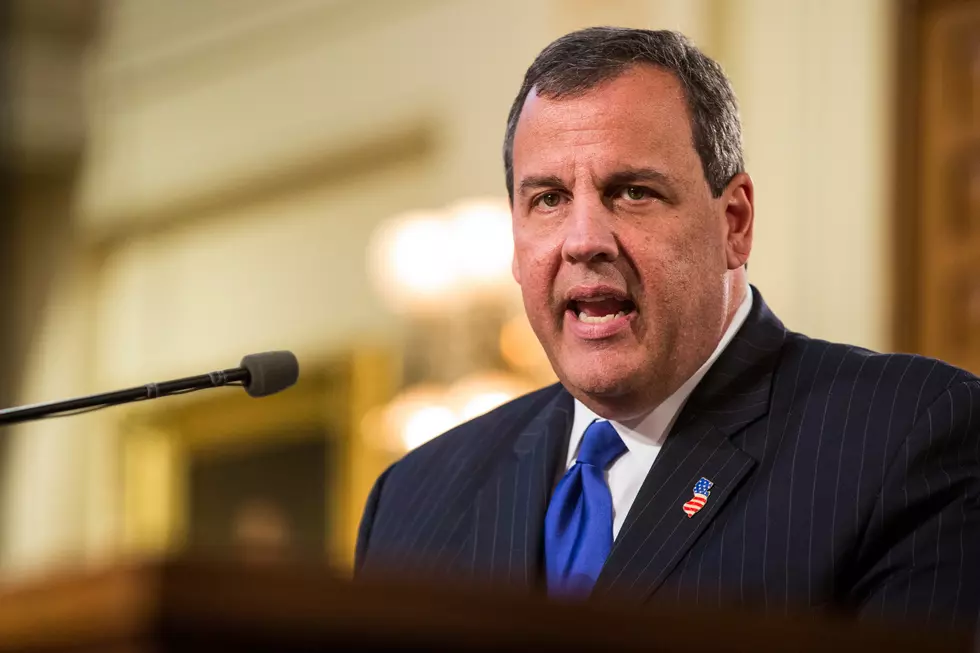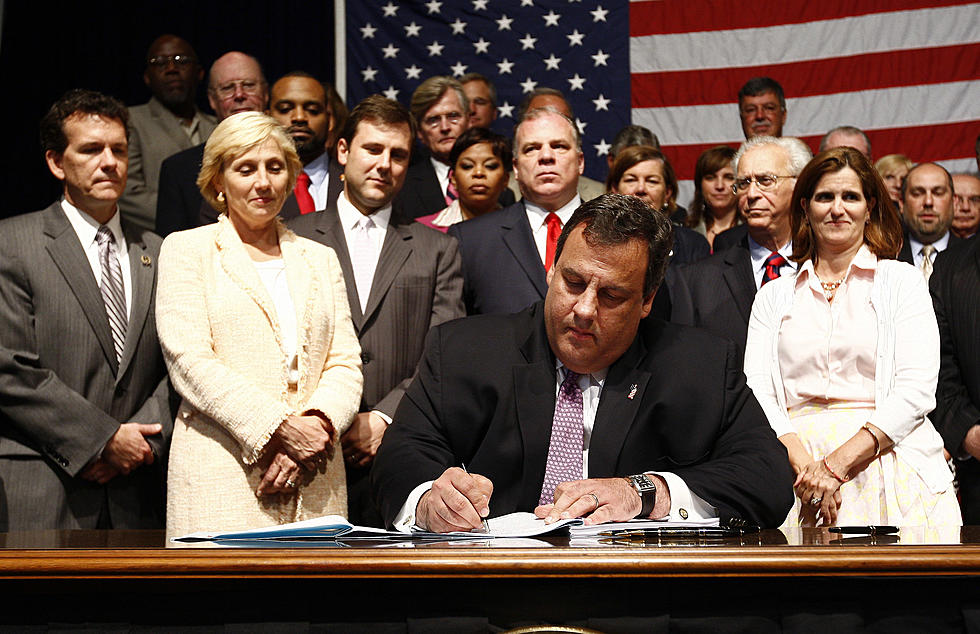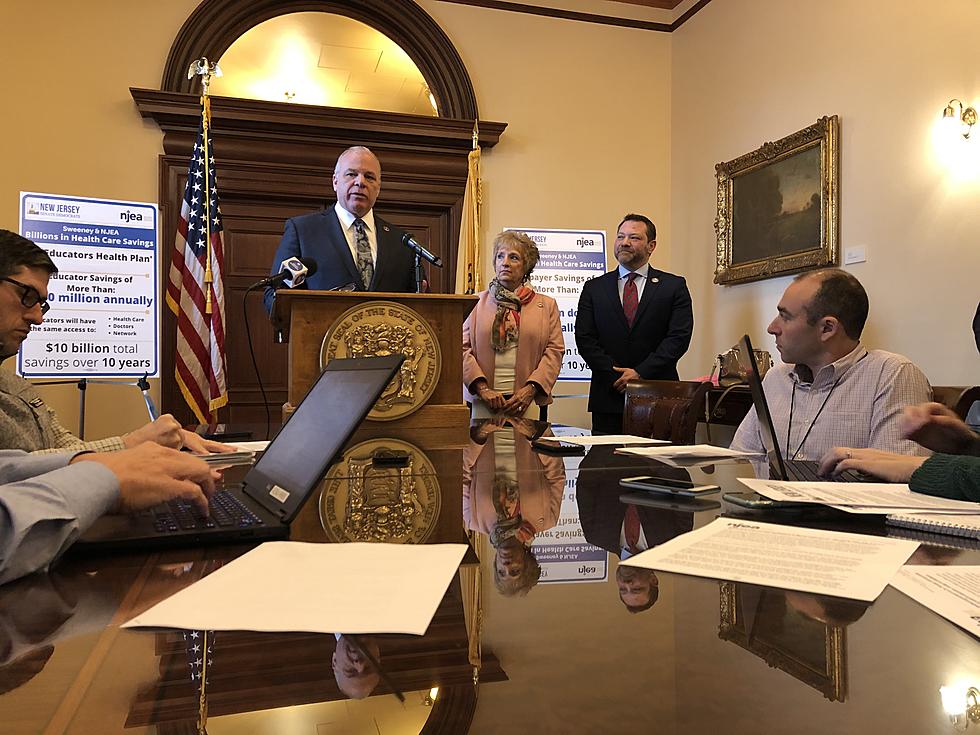
Panel: NJ can save $2B by cutting pensioners’ health costs
New Jersey can save more than $2 billion annually by reducing health benefits for public pensioners, according to a new report released Thursday by a panel appointed by Gov. Chris Christie to look at the state's pension funding crisis.
The savings could reach $2.23 billion by switching pensioners from top-level insurance coverage to one equivalent to gold plans under the federal Affordable Care Act, said the New Jersey Pension and Health Benefit Commission. The savings is higher than the roughly $1.7 billion the bipartisan commission estimated last February.
The report supplemented another the commission unveiled, and Christie backed, a year ago. The previous report called for changing the public pension from a defined benefit program to a 401(k)-style plan, as well as shifting some costs to local governments, among other changes.
The Democrat-led Legislature rejected those recommendations and is instead pursuing a constitutional amendment to require the state to make pension payments quarterly.
"A year of inaction has simply made the problem worse," the commission report said.
The commission warned that the Democrats' plan would result in cuts to essential services like public safety and education. Democrats have said they could finance the payments through increasing taxes on income over $1 million.
The latest report comes as Christie, back in New Jersey after ending his Republican presidential campaign, prepares to unveil his latest budget. He has already assailed the Democrats' amendment proposal, saying it would prioritize pensioners over all other state residents.
The problem with New Jersey's pension stretches back over Democratic and Republican administrations who failed to adequately pay into it to support the roughly 800,000 beneficiaries.
The panel said failing to make changes could cost the state billions through fiscal year 2023.
(Copyright 2016 The Associated Press. All rights reserved. This material may not be published, broadcast, rewritten or redistributed.)
More From New Jersey 101.5 FM









